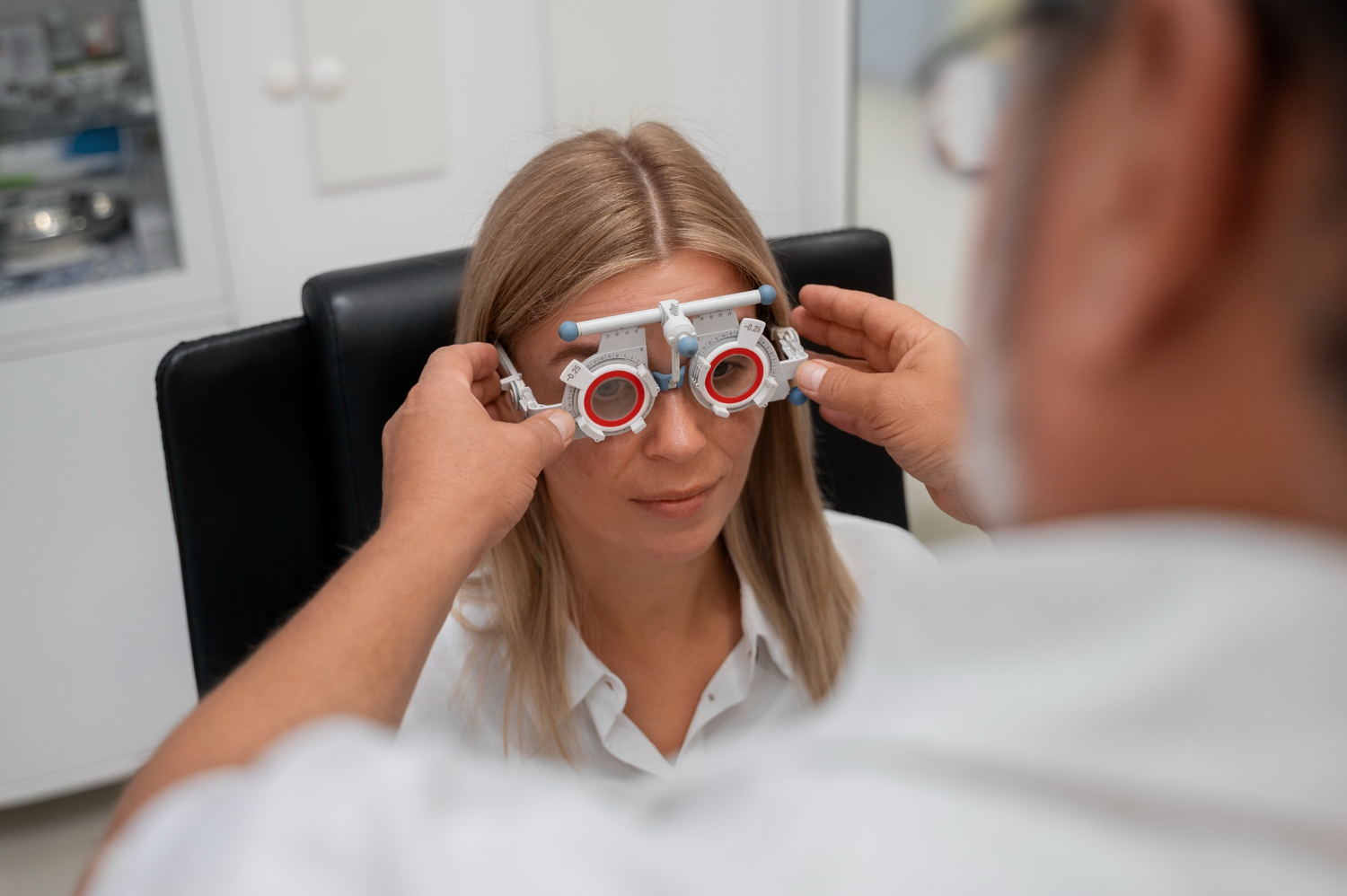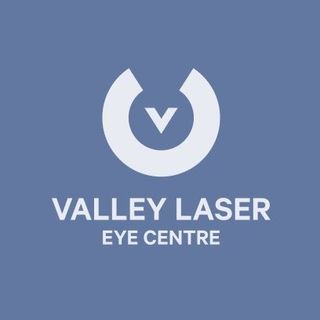Your eyes are one of your essential body organs because they can help you see the world’s stunning colours around you. They allow you to express your feelings and could be an attractive facial feature.
Unfortunately, factors like genetics and excessive screen time can damage your eyes and cause myopia. It can negatively impact your quality of life and increase your risk of contracting certain eye conditions.
However, as you book an appointment with your optometrist or ophthalmologist, you may wonder if there’s a cure for your nearsightedness. This article will define myopia and answer if this condition is curable. We’ll also discuss how to manage and prevent it.
What Is Myopia?
Myopia, commonly known as nearsightedness, is a typical vision-related condition in which distant objects look blurry, but objects up close appear clear. It occurs when the eye is longer from front to back than usual, causing light to focus in front of the retina rather than directly on it.
What Are the Signs and Symptoms of Myopia?
Untreated myopia can cause blurry vision, squinting, eye fatigue, headaches, and difficulty seeing while driving. Nearsighted people are also likely to sit closer to the TV or computer.
Low vs. High Myopia: What’s the Difference?
A person has low myopia if their eyes suffer from mild nearsightedness. On the other hand, they have high myopia if the case is more severe.
Can Myopia Improve by Itself?
Myopia can sometimes improve without treatment, especially in younger people. It’s because the eye changes shape as it grows during childhood and adolescence, which can lead to better vision. Experts have also found that spending more time outside may help prevent myopia from developing.
Is There a Cure for Nearsightedness?
While you can’t cure nearsightedness, there are ways to help manage the symptoms and reduce the condition’s severity over time.
What Are My Treatment Options for Nearsightedness?
Here are five ways to manage your eye condition’s symptoms.
1. Eyeglasses
Optometrists or ophthalmologists usually prescribe eyeglasses to help people see clearly. They work by changing how light enters the eye, allowing it to focus on the retina and provide better vision.
2. Contact Lenses
Manufacturers create contact lenses from thin plastic to modify how light enters the eye, like eyeglasses. However, contact lenses don’t have frames to keep them in place, unlike glasses. Instead, the eye’s shape and fluid hold them in place.
3. Low-Dose Atropine Eye Drops
Low-dose atropine eye drops are medications that enlarge the eye’s pupil. Your optometrist or ophthalmologist usually administers this medicine before performing an eye exam or surgery. People can also use small amounts of these drops to prevent or slow down the development of nearsightedness in children and teenagers.
4. Orthokeratology
Orthokeratology (Ortho-K) is a corrective method that requires the patient to wear specially designed contact lenses overnight to reshape the cornea’s curvature.
This reshaping allows clear vision throughout the day without using glasses or contact lenses. The reshaped cornea remains until you remove the lenses in the morning.
5. Refractive Surgery
Refractive surgical procedures use lasers to alter the cornea’s shape, providing a permanent vision correction solution. Your ophthalmologist can offer photorefractive keratectomy (PRK) and small incision lenticule extraction (SMILE).
However, you should remember that not everyone can qualify for these surgeries, with some associated risks and side effects.
How to Prevent Severe Myopia
You can slow down the progression of myopia by taking frequent breaks, reducing screen time, spending more time outdoors, and correcting vision problems immediately. You should also invest in low-dose atropine eye drops and manage other health conditions.
Conclusion
Myopia can hinder you from seeing the world’s wonders and negatively affect productivity. You can manage your condition and prevent severe cases by spending more time outside, reducing screen time, and consulting a reputable optometrist and ophthalmologist.
If you need an ophthalmologist in Abbotsford to help address your myopia, visit Valley Laser Eye Centre! We’re committed to helping our patients see the world better with our latest equipment, friendly workforce, and comfortable setting. Book a consultation now!
DISCLAIMER: This blog post does not replace medical advice and should not be implemented prior to consulting a fully certified medical professional.





